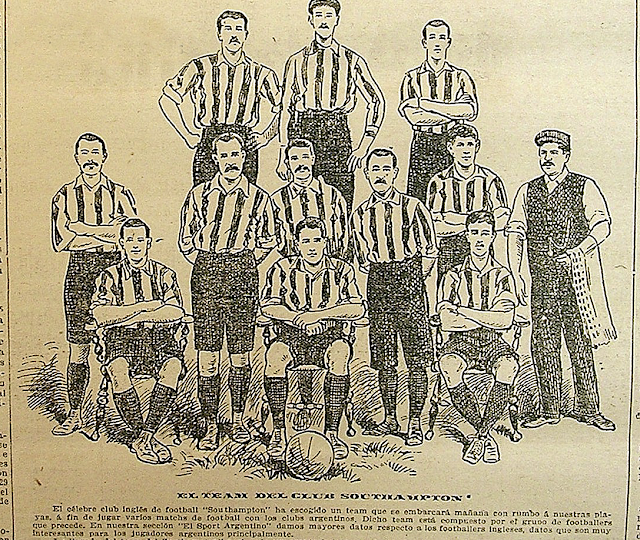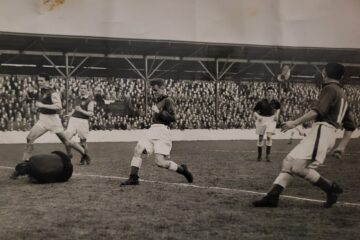We are all aware of the ties Everton FC has developed over the years with our counterparts in South America, but the club which pioneered the sport in the region is Southampton. The Saints arrived in Argentina in 1904, five years before the Everton and Spurs tour.
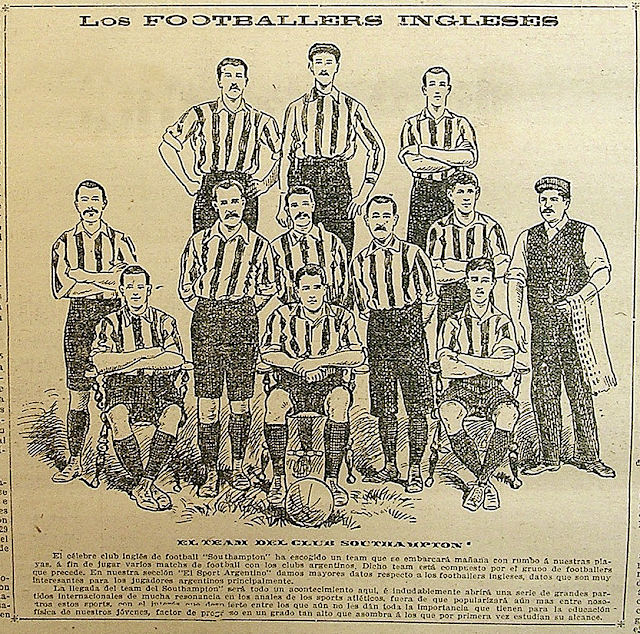
The earliest clubs on the continent had been set up in the 1860s, but it wasn’t until 1891 that the first national tournament took place in Argentina when Saint Andrews took the title with Old Caledonians runners up. The sport first established itself in Argentina, Uruguay and Chile mainly due to the presence of a considerable British workforce in the banking, insurance and railway industries. It wasn’t until the 1910s, and in particular after the start of the First World War, that ‘native’ sides began to come to the fore. Most British workers returned home, never to return.
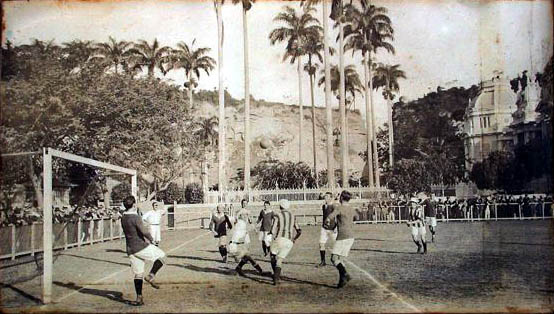
British teams, however continued to visit the region, Nottingham Forest soon followed the Saints whilst Swindon, Exeter City, Third Lanark, Plymouth Argyle and Motherwell all made trips subsequent to the Toffees and Spurs. Notable amateur side Corinthians and Exeter also undertook tours of Brazil. By the time Chelsea made the last tour in 1929, it was obvious from the visitor’s defeats there was little they could teach the locals.

One final club trip was made to Chile on the eve of the 1966 World Cup. The national side wanted to acclimatise itself to various European styles and so invited A.C. Milan, Sevilla and Sheffield United to a tournament in Santiago. The Blades finished runners up behind the Mexico national side, at the World Cup itself, Chile finished bottom of the group and went home early.
With such interest shown in British football throughout the continent, especially during its formative years, you would expect to see a plethora of sides adopting British names. However, this is not the case. Rangers in Chile in 1902, Corinthians of Sao Paulo in 1910, and Arsenal in Argentina in 1957, apart from Everton in Chile in 1909, appear to be the only examples (Liverpool in Uruguay were named after our city, not the club). Outside of the professional game, instances of British-derived names are even rarer, except that is for Club Atlético Everton (Uruguay), Asociación Deportiva Everton Olimpia, Everton Club Moldes, Club Newbery y Everton & Everton Club La Plata (all Argentina).
In the case of one of the amateur clubs named above the credit for selecting Everton as its name cannot be attributed to the 1909 tour or the presence of British railway workers but to the simple fact that the preferred name at the time, Southampton, was just too difficult to pronounce, so Ev-er-ton was chosen. The rest, they say, is history.
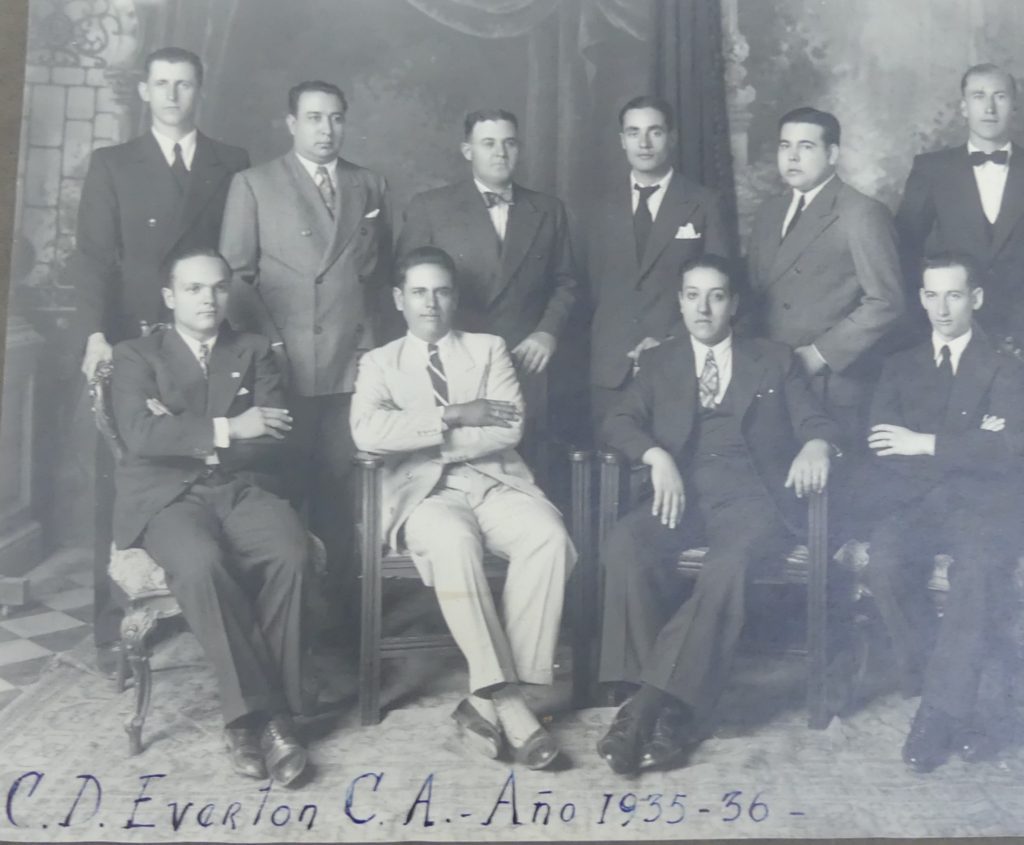

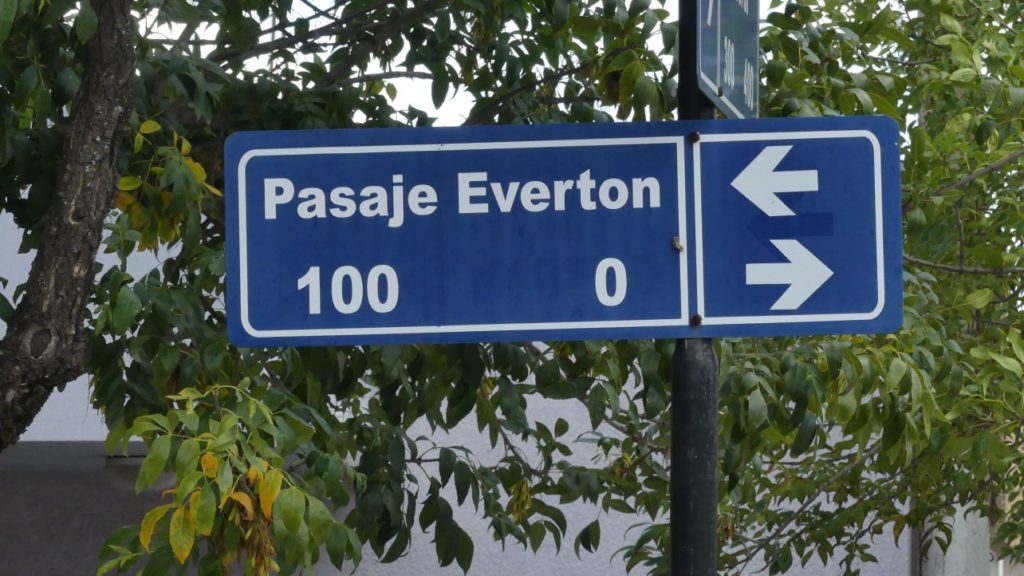
Everton Moldes 
Everton Chile Sausalito Stadium 
Everton Chile 1917 
Newbery y Everton 
Everton Rosario 
Everton Moldes 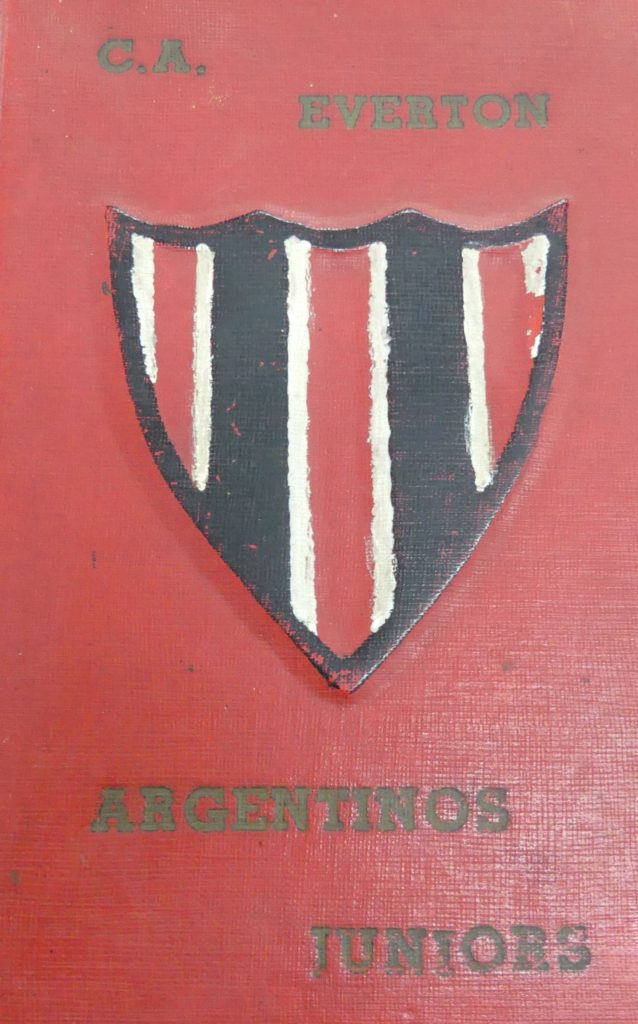
ADEO 
Everton La Plata 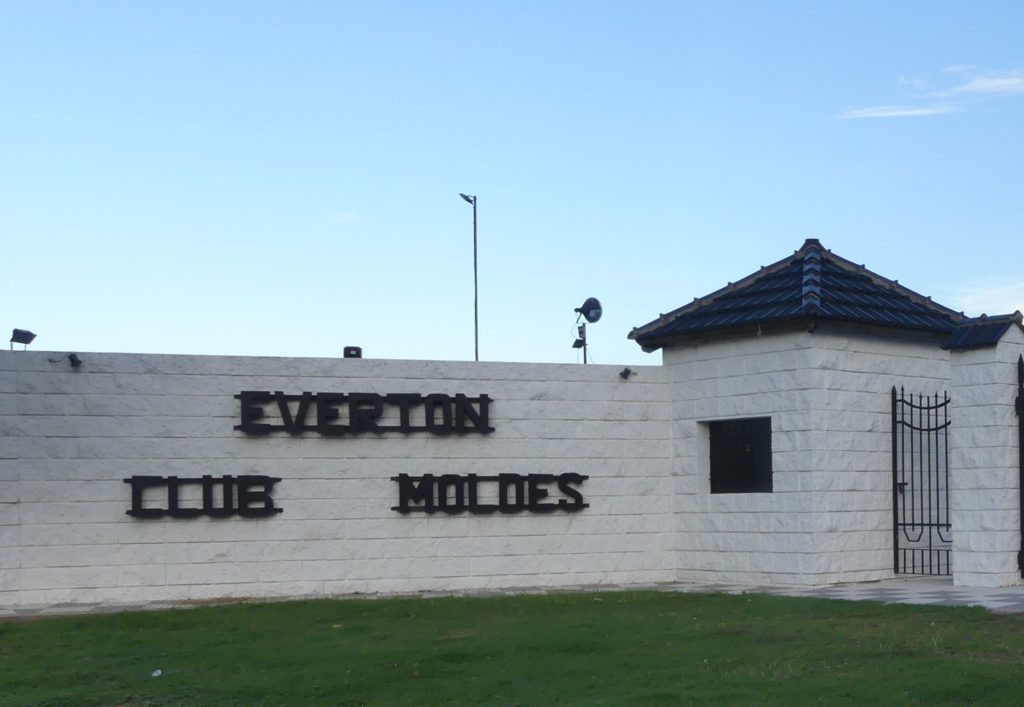
Everton Moldes 
Everton Chile Mural

